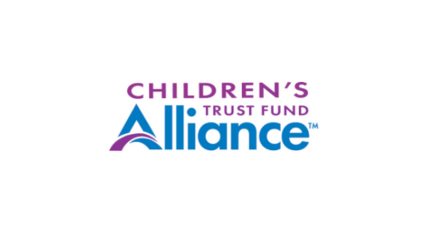Why this Topic Matters to Us
Every child deserves safety, love, and a sense of belonging. But children of color are more likely to enter foster care than white children. This happens not because of parenting or family problems, but because of unfair systems, bias, and historical inequities that affect families and communities.
These disparities can affect a child’s health, education, and sense of identity. Families may face extra challenges accessing support, and children may be separated from their culture, community, and loved ones. By listening to the voices of youth, parents, and caregivers who have lived these experiences, we can understand what works, what needs to change, and how to create a fairer, stronger system for all children and families.
Studies show that Black children are 2 to 3 times more likely than White children to be placed in foster care, even when the circumstances are similar.
(Child Trends 2022)
Learn from Lived Experience
“The only way to reduce racial biases in child welfare is to not look at families as if they are the problem...if the system would work with families it would be less children in the system.”
— Birth Parent from New York



